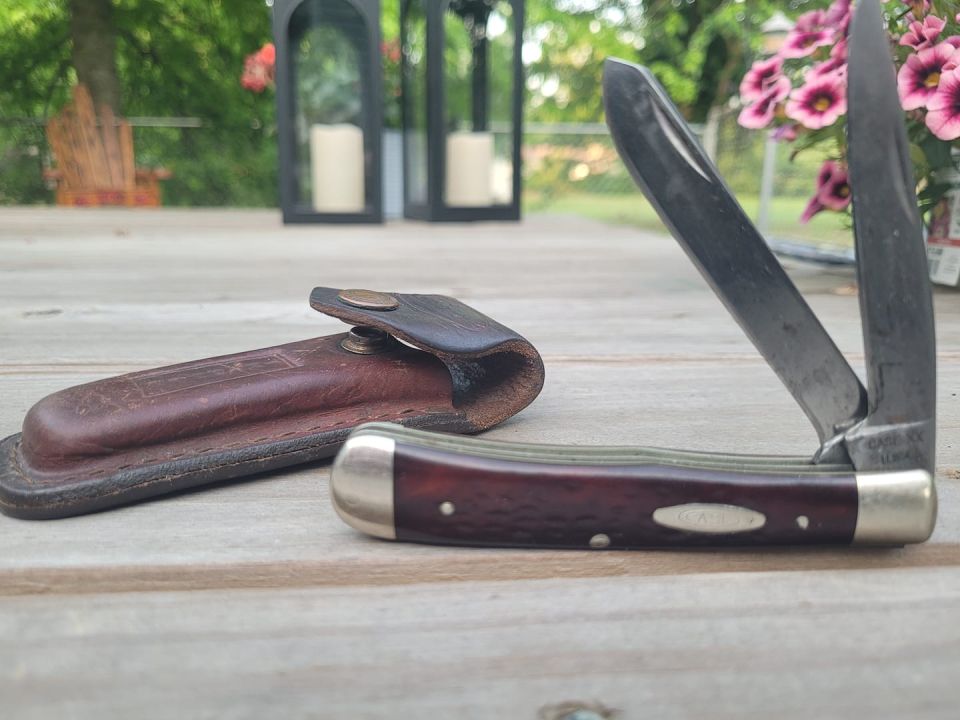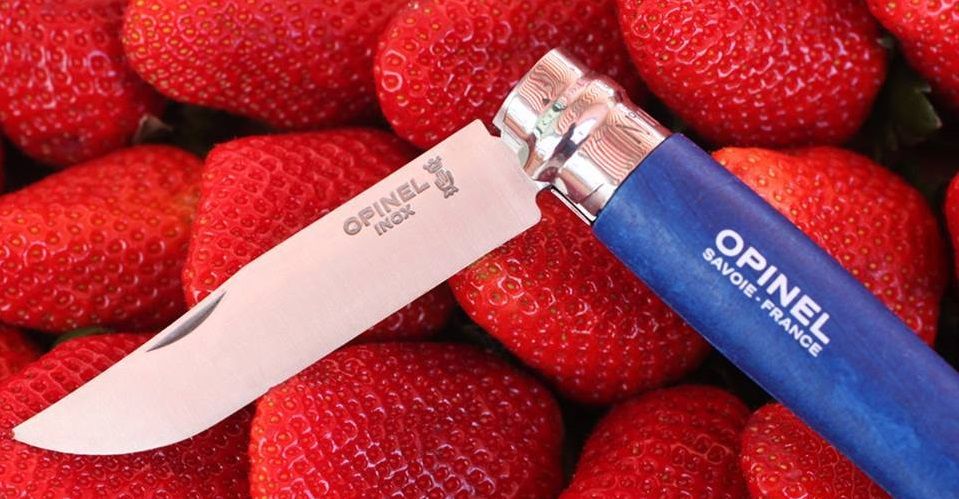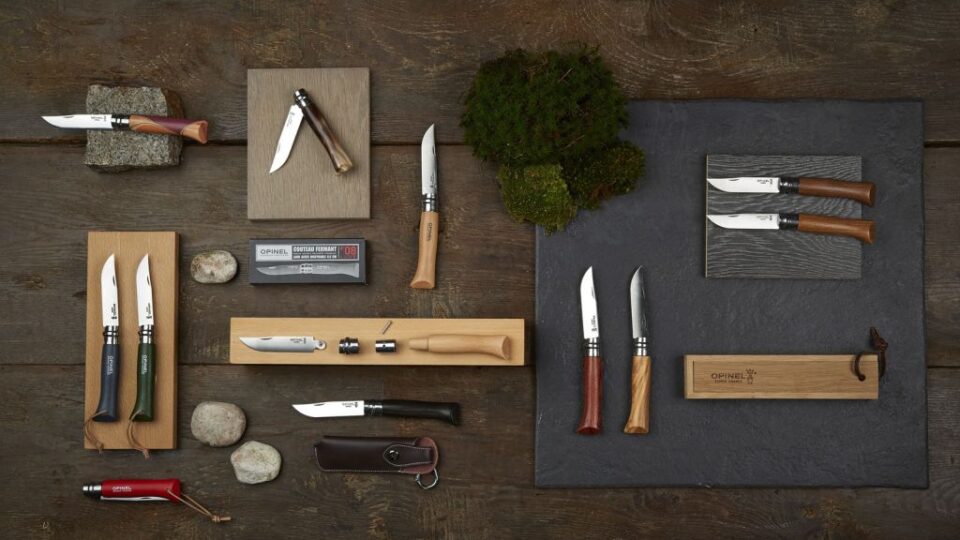Can You Carry A Pocket Knife In France? A Guide For First-Time Travellers
France has a long history with knives. The country is home to some of the world’s most renowned knife makers. French knives are known for their quality and craftsmanship. As such, it’s no surprise that the French have very specific laws regarding knives.
A pocket knife is a small, folding knife that can be carried in a pocket. It’s also sometimes called a penknife or a jackknife. Pocket knives have been around for centuries and have been used for everything from opening letters to self-defence. Today, pocket knives are still popular as both tools and collectibles. They are legal to carry in France as long as they aren’t used in a threatening or violent manner.
However, it’s important to be aware of other laws and regulations regarding knives in France, especially if you’re a first-time traveler. These laws are designed to prevent people from carrying knives that could be used to commit crimes or cause public disorder. This guide will inform you about the important laws regarding pocket knives and how to carry them as a tourist in France without breaking the law.
Guide To Carrying Pocket Knives In France
Carrying a pocket knife in France isn’t as simple as it seems. There are strict laws in place that you need to be aware of. Thus, the following is a guide to carrying a pocket knife as a tourist in France:
Check The Laws Before Travelling
It’s important to know the law before carrying a pocket knife in any country, and France is no different.
The first thing you need to know is that the French laws and restrictions regarding weapons and knives are very strict. It’s illegal to carry any type of weapon in public, even if it’s just a pocket knife.
Recognize that the legal meaning of a ‘public place’ in France is quite broad. It includes traditional public spaces like parks and streets and private businesses open to the public, such as restaurants and shops. It means it’s generally not allowed to carry a pocket knife in any of these places.
If you’re carrying the knife for a specific purpose, such as hunting or camping, you must have a valid reason and be able to show evidence to the police if they ask.
Additionally, it’s legal to carry a pocket knife with a blade less than three inches as long as it’s not a fixed blade knife. Any knife with more than three inches is prohibited to both citizens and foreigners. You should also note that French law doesn’t allow carrying any type of concealed weapon. So, pocket knives must be carried in plain sight.
Choose The Right Knife
When choosing a pocket knife to carry while traveling, it’s essential to consider what type of knife is legal to carry in France. For example, as mentioned, pocket knives with blades less than three inches long are legal to carry.
So, what types of pocket knives are restricted in France? Well, that depends on the blade length, usage, and type. Here are some of the restrictions:
- Your knife must not be longer than 12 centimeters. It’s about 4.7 inches.
- Your knife must not be able to lock into place. It means that folding knives are generally allowed, but fixed-blade knives aren’t.
- Your knife mustn’t have a serrated edge. You can carry a pocket knife with a plain edge but not one with a serrated edge.
- Your knife mustn’t be designed for combat and for use as a weapon. Thus, knives like switchblades and swords aren’t allowed.
- The final restriction is that your knife mustn’t be designed for concealment. It means that knives like daggers and stilettos aren’t allowed.

Pack, Carry, And Use The Knife Safely
When packing the pocket knife, you’re supposed to make sure that it’s secured so no one can easily access it. For example, you can pack the knife in a suitcase or backpack. It means that you shouldn’t carry the knife in a sheath or holster.
Lastly, you should never carry or use a knife threateningly. It includes using to threaten someone or to commit a crime. If you do any of these things, you’ll be breaking the law, and you could be arrested.
Follow The Rules
When carrying a pocket knife, following the rules and regulations stipulated in each section above is crucial. Should you break any of these rules, you risk being arrested and cutting your adventure short. Nobody wants that.
What To Do If The Police Stop You
First, it’s normal to be stopped by the police. Therefore, if you’re carrying a knife and the police stop you, the first thing you want to do is stay calm. Don’t try to run away or hide the knife. Doing this may show that you’re guilty of an offense while you aren’t.
Instead, politely hand over the knife to the police officer and let them know that you’re a tourist. Be prepared to show them your passport and explain why you’re carrying the knife.
If you have a valid reason, such as hunting or camping, the police will likely inspect the knife and send you on your way. However, if you don’t have a valid reason, you could be arrested and charged with a crime.
Other Tips For Carrying A Pocket Knife In France
In addition to useful tips such as knowing the law and choosing the right pocket knife, there are a few other tips that’ll help you when carrying a pocket knife in France.
- First, it’s always a good idea to understand how to use your pocket knife before you travel. This way, you’ll be prepared if you need to use it while in France.
- Second, you should make sure to keep your pocket knife clean and in good condition. This will help to ensure that it functions properly should you need to use it.
- Finally, it would be best if you always were respectful when carrying your pocket knife in France. Remember that not everyone may be as comfortable with knives as you’re so it’s important to be considerate of others.

Can You Carry A Pocket Knife In France? – Summary
To conclude, if you’re planning a trip to France and wish to bring a pocket knife, it’s vital that you familiarize yourself with the country’s laws on bladed weapons. So, check that it falls into one of the exceptions listed in the criminal code and ensure that you carry and use it responsibly. Otherwise, you could be subject to a fine or even imprisonment.
You should be fine if you’re carrying the knife for a valid reason and you’re not using it threateningly. Just be prepared to show the police your passport and explain why you’re carrying the knife if you’re stopped.
